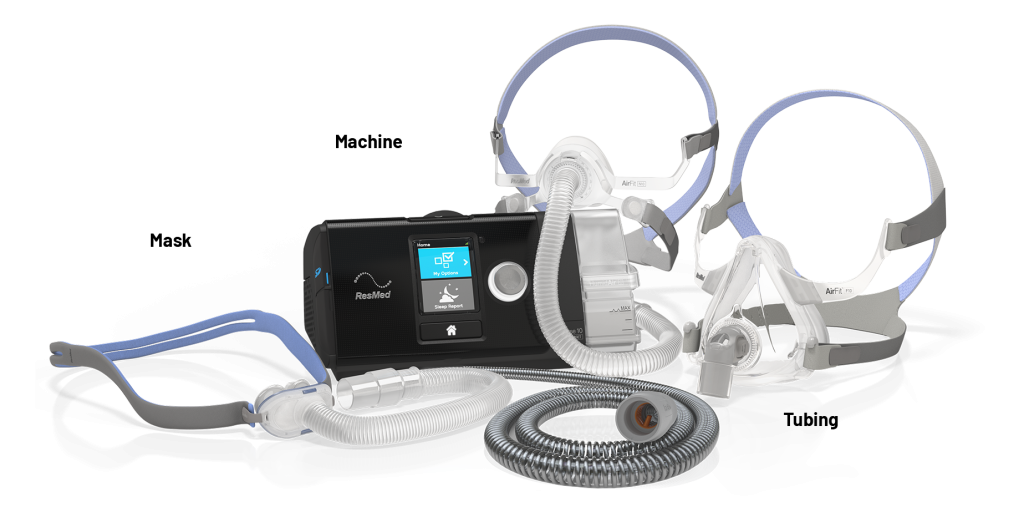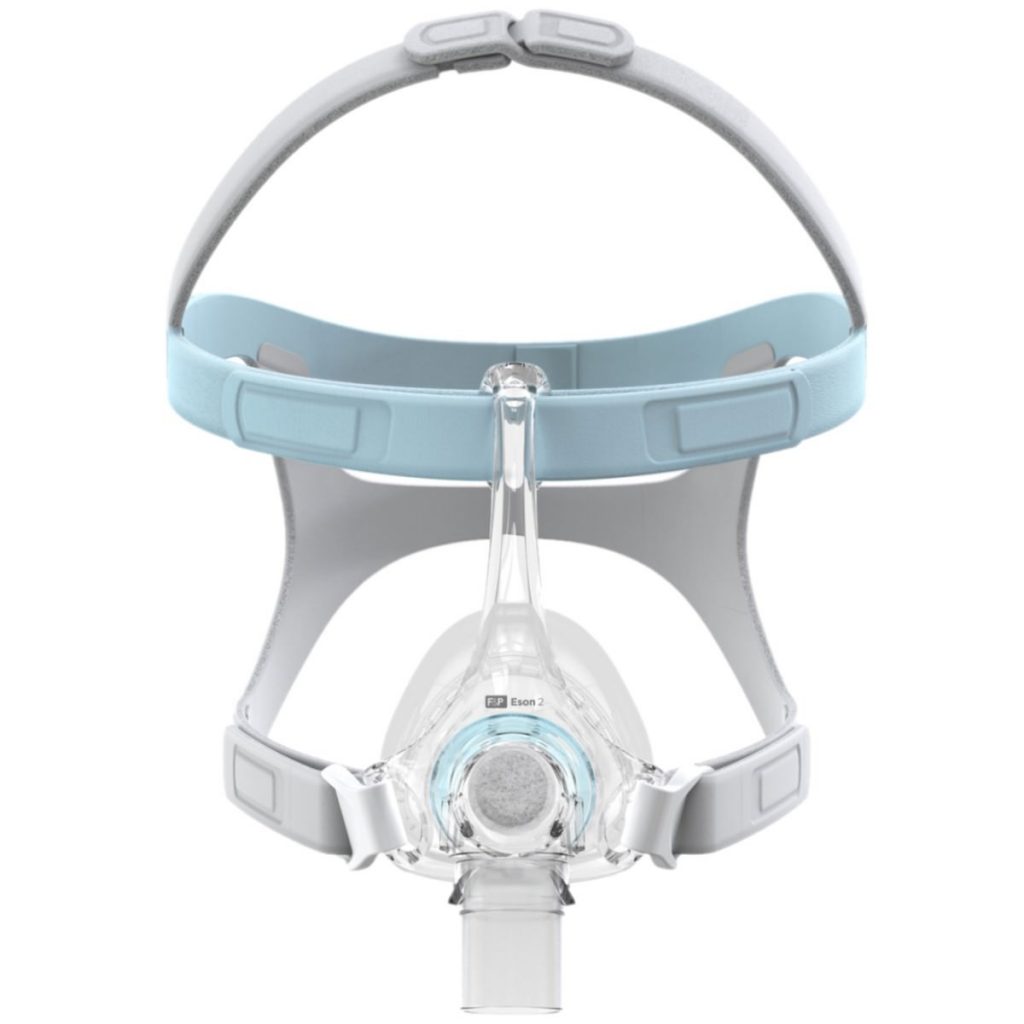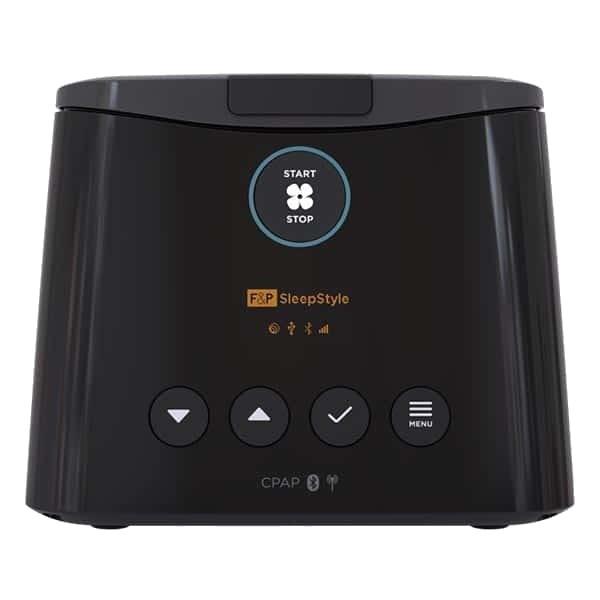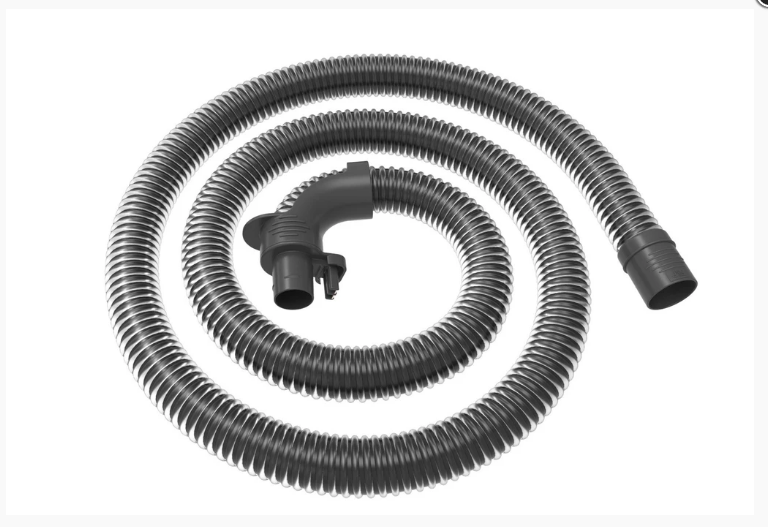CPAP Therapy
CPAP therapy is the gold standard for treatment of sleeping disorders like snoring and obstructive sleep apnea.

All CPAP Systems are comprised of 3 key components

Tube
A tube which connects the CPAP machine to the mask. Some tubes have built-in heaters to help prevent the heated, humidified air from condensing inside, commonly referred to as ‘rain out’.
Cpap Mask Styles
Nasal masks fit over the nose and provide a more indirect pressure compared to the nasal pillow masks. They’re more suitable for people who need a high level of pressure to control their sleep apnea. Like nasal pillow masks, they are not suitable for mouth breathers who prefer to breathe through their mouth when sleeping.
Nasal pillow masks are small and lightweight and seal against the nostrils. They’re popular because of their minimalistic design and a good choice for those who are claustrophobic. You can watch TV, read and wear your glasses while wearing a nasal pillow mask. If you move around a lot whilst sleeping you might find a nasal pillow mask more enjoyable to sleep with. Because of the direct airflow into the nasal cavity, nasal pillow masks aren’t suitable for those who need a high level of pressure.
Full face masks cover your mouth and nose and are a good choice for those who prefer breathing through their mouth whilst sleeping or if you have any nasal conditions that prevent nasal breathing. There’s a variety of full face masks shapes and sizes to suit different face shapes. There’s also some new hybrid full face masks that are more minimal in design.

CPAP FAQ
Most frequent questions and answers
The best CPAP machine is one that works well for you (and your budget). Your sleep consultant will explain your options, depending on the type and severity of your sleep apnea, as well as your personal preferences.
There are two main types of cpap machines. Fixed or constant pressure (CPAP) and Auto pressure (APAP). CPAP delivers a fixed rate of pressure and does not vary the pressure. APAP automatically varies the pressure minute by minute while you are sleeping. APAP machines are more enjoyable to use and provide a more tailored therapy.
Advancements in technology of the years have enabled manufacturers to significantly reduce the noise the machines make and most are very quiet during operation. It is not a common complaint these days.
Yes, you definitely can and should take your CPAP machine with you when you travel. Lightweight travel machines are easier to travel with and the machines with a universal power supply can be used all over the world. If you’re sleeping on a plane, you need to ask the airline in advance for approval to use it on the flight. Make sure you can sit near a power source.
A CPAP machine works by helping to prevent your airway from collapsing while you sleep. This can reduce or eliminate snoring, insomnia, and night time bathroom visits so you and those around you can enjoy a more restful night’s sleep.
Yes you can buy a cpap machine without having a sleep test or a prescription however it’s always best to get medical advice from your G.P or health professional if you feel you have any health problem.
CPAP machine prices vary depending on the type of machine and its features. In Australia, you can pay around $1000 for a basic new machine and up to $2000 for a top of the line. There are a range of payment plans available.
CPAP Masks are between $100-200 depending on make and model
Many masks come in a ‘fit pack’ that comes with all the different sizes included in the one pack. Other masks have ‘size guides’ which can be downloaded and printed to help you find the right size. Another option is to see a consultant who will provide you with the right size after measuring your face.



